BY WALTER OPINDE
Here Is What You Didn’t Know About the Remunerations for Both the White and Black U.S. Soldiers
As stated in the 1862 Militia Act, most of the African-American soldiers were to receive approximately $10 a month, with an additional pay of $3 for clothing, which was deducted before pay. As such, a black soldier’s monthly earning would sum up to approximately half of what their white counterparts took home. While they received their $10 payment after the clothing deduction, the white soldiers got approximately $14 a month, without any deductions, and this was alongside other benefits and bonuses. This huge pay difference, as the historian- Erick Foner states, was due to the fact that the U.S. legislation merely envisioned the black soldiers as military laborers, who serve to free up the whites for combats. As a result, several regiments struggled for equal remunerations, and some even refused any little penny given until the 15th of June, 1864, when the Congress vacated this portion of the Militia Act, thereby granting equal payment for all soldiers including the blacks.
As the African-Americans entered the Union Army during the early 1860s, the quickly realized that the widespread racial discrimination in the American society had followed them to the limitary. One of the most angering Federal discriminatory policies was the policy on pay differentials. There was a wide payment gap between that of the blacks and their white colleagues. Maryland, which had recently abolished the slavery, was called upon to fill its quota in the Union Army. Consequently, a meeting of African-American men was called, which was held on 29th February, 1864, in Baltimore, at the Methodist Episcopal Street Church. The men were called upon to witness and hear the addresses encouraging black military volunteers.
From the beginning, the meeting was seemingly successful on the discussion of the agenda of the day; however, there was a swift turn of events when the agenda quickly changed from “Military Recruitment” to “payment.” Reverend Campbell J. P. of Trenton, New Jersey, was the main speaker who introduced the agenda of “Pay.” He used the opportunity to mobilize and put more pressure on the Congress to pass a bill that equalizes the payment of black military personnel. The “pay” struggles continued for the next four months until the 15th of June, 1864, when the Congress finally ordered the provision for equal payment to the African-American soldiers. Rev. J. P. Campbell is thereby attributed as a staunch civil rights advocate who is responsible for the equality and fairness in the payment of the U.S. military personnel regardless of racial origin or skin color.
For more related stories, visit:
http://www.aaregistry.org/historic_events/view/congress-legislates-equal-pay-black-soldiers






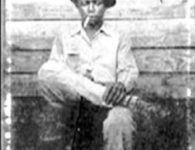
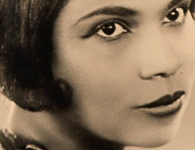

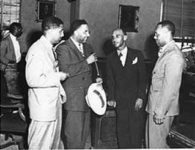


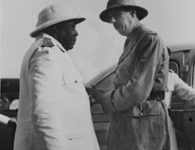
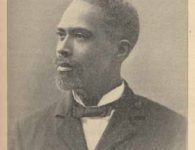

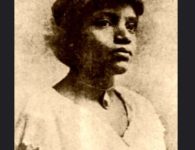
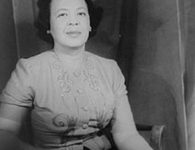

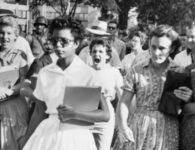


6 Comments
whoah this blog is great i like reading your articles. Keep up the great work!
You understand, a lot of individuals are searching round for this
information, you could help them greatly.
Hi, I do believe your site may be having web browser compatibility problems.
Whenever I take a look at your web site in Safari, it looks fine however, if
opening in IE, it has some overlapping issues.
I just wanted to give you a quick heads up! Besides that, great blog!
Every weekend i used to pay a quick visit this web site, as
i wish for enjoyment, for the reason that this this web page conations genuinely fastidious funny stuff too.
Hi it’s me, I am also visiting this web page regularly,
this website is actually good and the people are actually sharing good thoughts.
hello!,I like your writing so a lot! share we be in contact more about your post on AOL?
I need a specialist in this space to solve my problem.
May be that is you! Taking a look forward
to peer you.
Aw, this was a really good post. Taking the time and actual effort to produce
a top notch article… but what can I say… I procrastinate a whole lot and don’t manage to
get anything done.